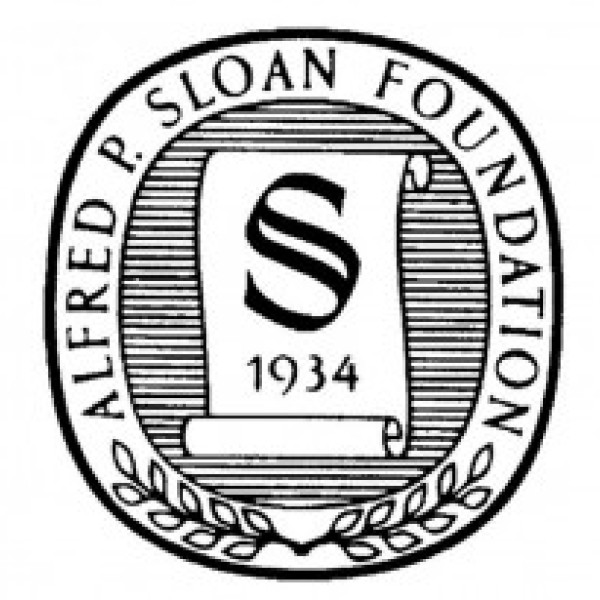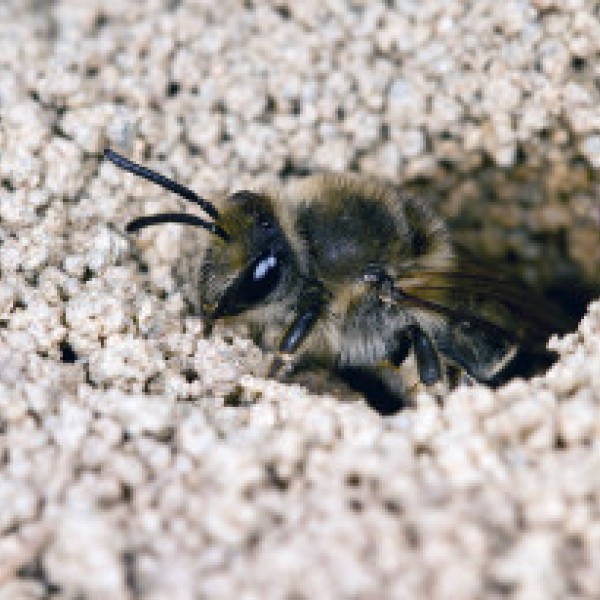A new workshop series seeks to uncover and dismantle the sometimes-hidden biases that women and gender-expansive people experience in attaining and being successful in leadership positions.
The Gender Inclusive Leadership Series, sponsored by the College of Agriculture and Life Sciences’ Office of Diversity, Equity and Inclusion, is open to all Cornell students, regardless of major or personal identity. It is funded by a grant from the President’s Council of Cornell Women.
“We want people with marginalized identities to feel empowered, but we also want to educate individuals who do not have those identities to understand both where these biases can creep in and also, how it actually, in the real world, impacts people’s ability to excel,” said Corrie Moreau, senior associate dean of diversity and inclusion and professor of entomology. “We all have the ability to raise others up and make sure everyone is having an equal opportunity.”
Although women now make up a majority of undergraduate students in the U.S., women only account for 10% of Fortune 500 CEOs. Workplace biases can be overt, but most often are subtle things like colleagues assuming the oldest man in the room must be the leader, or men shaking other men’s hands, but not women’s, Moreau said. Research has repeatedly shown that hiring managers show implicit bias in hiring criteria and in judging resume language associated with men vs. women – men more often emphasize “leadership” while women emphasize “teamwork and collaboration,” though their actual work experience may be nearly identical, she said.
The series is spearheaded by a team of undergraduate students, facilitated by Stella Hein, CALS director of Diversity, Equity and Inclusion. Workshops began last fall, are held in the CALS Zone space in Mann Library and always include dinner or dessert. Previous meetings have focused on writing cover letters, applying to graduate schools and succeeding in interviews. Another four events are scheduled for the spring semester; the next is Feb. 21.
“The conversations have been so candid and open and kind,” Hein said. “The facilitators we’ve recruited have been so caring and genuine with the students, it really sets the stage for the students to enjoy themselves and feel comfortable opening up, as well.”
Two of the undergraduates leading the series are Kingsley Aaron-Onuigbo ’27, a government major from Port-Harcourt, Nigeria, and Lemachi Enweremadu ’25, a communication major from Plainfield, New Jersey. Both men have experience in advocating for marginalized communities: Enweremadu is co-president of Cornell’s Black Students United, and Aaron-Onuigbo volunteered with a church group in Nigeria that helped people from minority religions. For the leadership series, the students conduct research on gender equity in the workplace and begin each workshop by sharing what they’ve found.
“We’ve learned a lot from doing this research: Women have increasing rates of getting degrees and getting jobs, but they still face hiring discrimination, especially in leadership positions, and unsupportive work spaces,” Enweremadu said. “I feel like the workshops have really helped people increase their networks and get the support they need to strengthen cover letters and nail interviews.”
“I hope that when people come to these workshops, especially people who are not women, not nonbinary or trans, that they can learn to love people that are different from them,” Aaron-Onuigbo said. “Not in terms of just supporting their cause, and not in a romantic sense. I mean really love: If I saw and treated everybody as my actual biological sibling, the world would be so different.”
Krisy Gashler is a writer for the College of Agriculture and Life Sciences.





